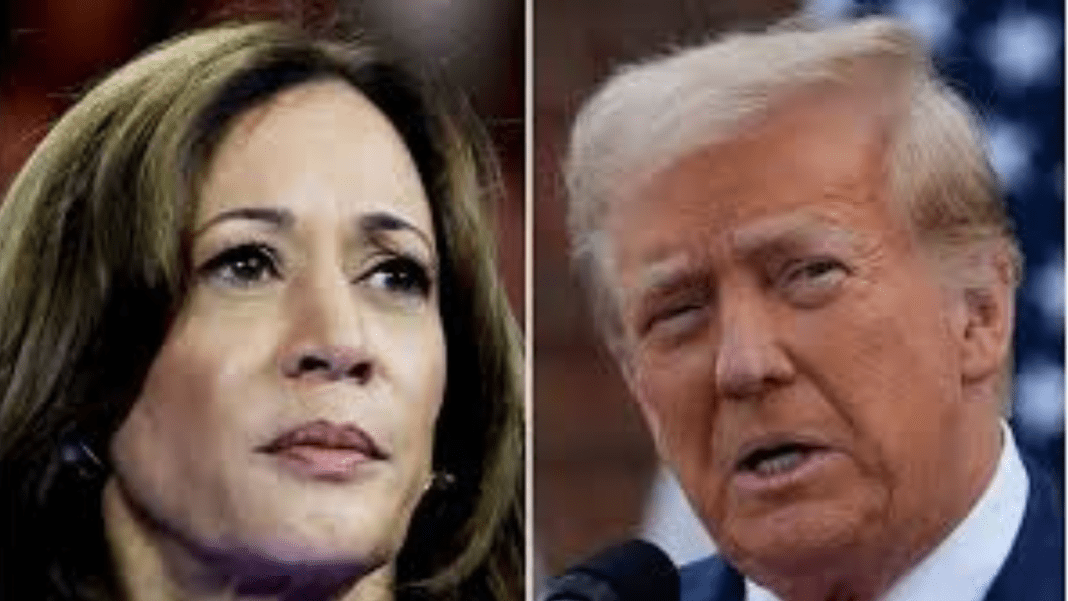As of November 5, voting for the U.S. Presidential elections will begin, and the outcome could significantly impact U.S.-India relations. Let’s take a closer look at how each candidate might shape India’s future.
Donald Trump and Kamala Harris
This election sees two major contenders – Donald Trump and Kamala Harris – facing off. Both bring distinct policies toward India, and their perspectives on international relations and domestic issues differ. While Trump has built a record of strengthening U.S.-India ties, Kamala Harris, a member of the Democratic Party, has often displayed a more critical stance towards India.
Trump’s Pro-India Approach
During Trump’s presidency, the U.S. and India saw a strengthening of trade and defense relations. Despite his “America First” approach, Trump promoted strategic partnerships with India, resulting in increased trade opportunities and defense agreements. These partnerships brought India significant economic and strategic advantages, as well as a deeper connection between the two nations.
Kamala Harris’s Stance on India
On the other hand, Kamala Harris, despite her Indian roots, is part of the Democratic Party, which has historically been critical of India on various issues. Harris, who identifies as Hindu and Indian, has expressed a negative outlook on certain internal matters in India, such as Kashmir and the National Register of Citizens (NRC). Some believe her policies could challenge Hindu values and Indian cultural aspects, and thus, her potential presidency might not bring India substantial benefits.
If Trump were to win again, India could continue to benefit from a strong ally and supportive partnership. However, if Kamala Harris, who is often perceived as more aligned with American interests than Indian values, comes to power, it could bring challenges for India. Thus, the result of this U.S. election could have far-reaching effects on India’s future.





